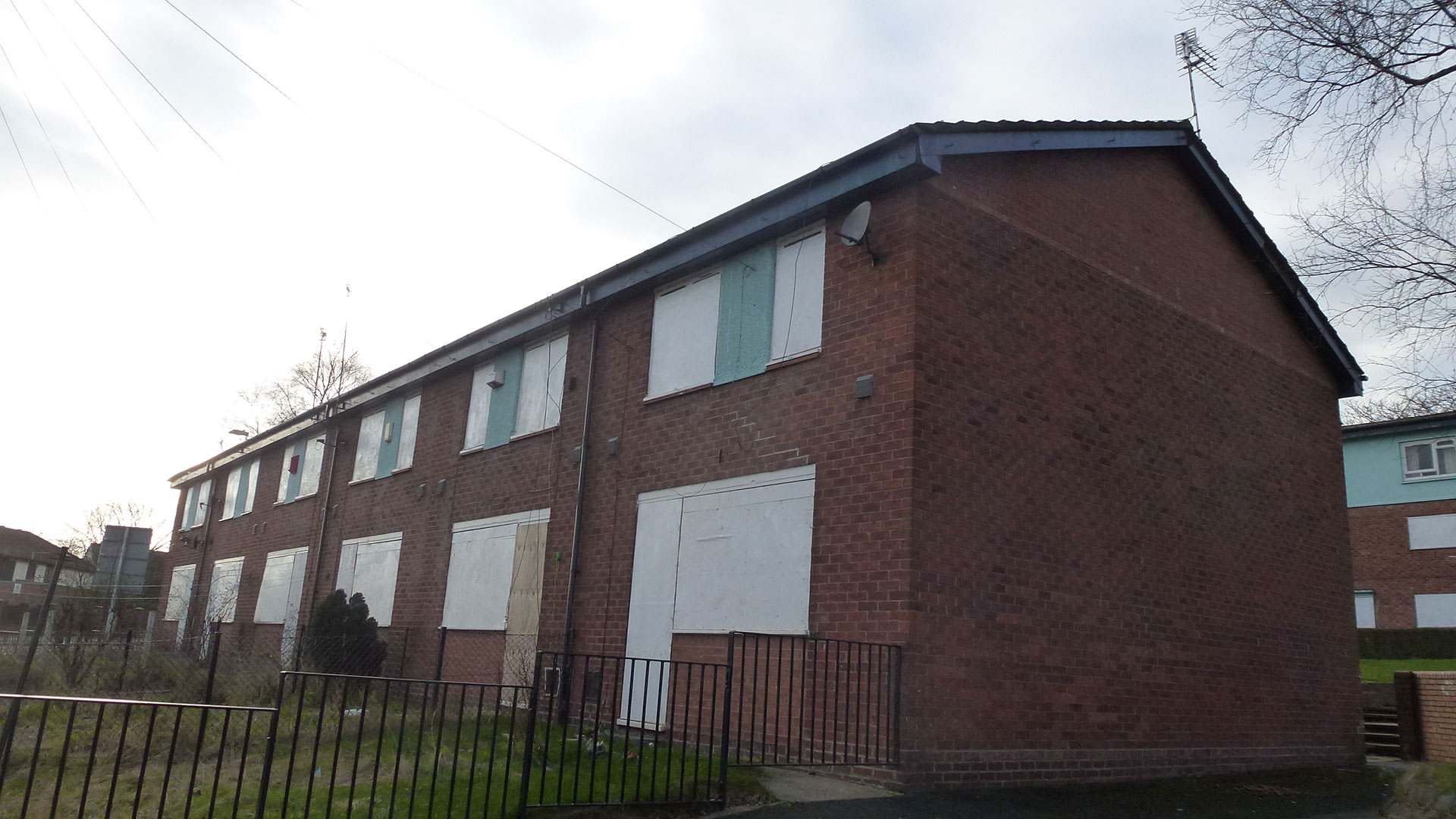Mayor of Newham Rokhsana Fiaz told The Big Issue: “The figures produced by the ONS today are very concerning, but not surprising. We already knew that the virus does not affect all populations in the same way, with Black, Asian and Ethnic Minorities (BAME) already identified as particularly vulnerable, and Newham is a highly diverse borough.
“The Prime Minister has said we have “passed the peak” in terms of the virus, but this refers specifically to hospital admissions and deaths. The death toll in domestic, care home and other non-hospital settings maybe telling another story, and that we are not out of this yet.
“For that reason, I would urge great caution, as the government considers the potential easing of restrictions. It would be a further tragedy if the easing of measures do not take into account the heightened vulnerability of communities like Newham, Brent and Hackney.
“We also know that there are issues of health inequality in our borough, with high levels of cardiovascular disease, diabetes and other underlying issues, which affect mortality.
And the figures also support the suggestion that the virus is particularly infectious and deadly in urban areas which are more densely populated, as is the case for the London boroughs most affected. Urban major conurbations found the highest mortality rate, with 64.3 deaths per 100,000 people involving coronavirus.
That was significantly higher than all other categories with sparse settings, rural hamlets and isolated dwellings seeing just nine deaths per 100,000.
Advertising helps fund Big Issue’s mission to end poverty
Nick Stripe, ONS’s Head of Health Analysis, said: “By mid-April, the region with the highest proportion of deaths involving Covid-19 was London, with the virus being involved in more than four in 10 deaths since the start of March.
“In contrast, the region with the lowest proportion of Covid-19 deaths was the South West, which saw just over one in 10 deaths involving coronavirus. The 11 local authorities with the highest mortality rates were all London boroughs, with Newham, Brent and Hackney suffering the highest rates of Covid-19 related deaths.
“People living in more deprived areas have experienced Covid-19 mortality rates more than double those living in less deprived areas. General mortality rates are normally higher in more deprived areas, but so far Covid-19 appears to be taking them higher still.”
And the fear is that the disruption caused by Covid-19 could push more people into poverty and leave them vulnerable to the virus.
A Citizens Advice (CA) survey released today found that more than 13 million people have already been unable to pay at least one bill, or expect to be in that position, because of the coronavirus pandemic.
And that could have dramatic consequences for 11 million people who told CA that missing a bill could leave them open to eviction, bailiff enforcement or disconnected utilities when the current protections put in place by the government end.
Advertising helps fund Big Issue’s mission to end poverty
Their research, conducted by pollsters Opinium, found that 2.6 million private renters have missed a rent payment, 7.2 million people are now behind on a council tax payment and 7.4 million have not paid a mobile phone or broadband bill.
No one should lose their home, or have bailiffs chasing council tax payments, because of debts built up during the pandemic
People facing the greatest health risk from coronavirus – those who are in the government’s categories of ‘increased risk’ or ‘extremely vulnerable’ to the illness – are three times as likely to have fallen behind on a bill.
Dame Gillian Guy, Chief Executive of Citizens Advice, said: “The government’s comprehensive measures have, for now, eased the financial burden for lots of households across the country. But millions still have reason to fear the looming financial cliff edge when these protections end.
“No one should lose their home, or have bailiffs chasing council tax payments, because of debts built up during the pandemic. Just as the lockdown restrictions will need to be eased gradually to prevent a second wave of the virus, we also need a transition out of the financial protections to avoid a new wave of hardship.
“The government must take strong action to prevent millions going over the financial cliff edge, ensure people are helped out of debt and so support the economic recovery.”
Advertising helps fund Big Issue’s mission to end poverty
The charity is urging the government to fast-track plans to abolish section 21 ‘no-fault’ evictions and ensure renters have chance to make up payments once the lockdown ends.
They also want councils to be supported to give struggling people council tax payment holidays and voluntary protections to continue for telecoms customers.
The House of Lords debated the impact of coronavirus on people on poverty yesterday when Baroness Deborah Stedman-Scott, representing the DWP, told peers: “This government’s got compassion by the bucketloads.”
She stressed that the Government has no plans to introduce a Universal Basic Income – deeming it expensive and time-consuming to implement – and insisted that Universal Credit was helping people get by.
Baroness Stedman-Scott said: “Universal Credit gets a lot of criticism – it actually also gets get a lot of praise, which I’m pleased about – just take a moment to think that if we had the old system in place, people would be applying for six benefits, not one, and it would be paper-based. We are getting people paid on time and in full at 93 per cent.”
Advertising helps fund Big Issue’s mission to end poverty









